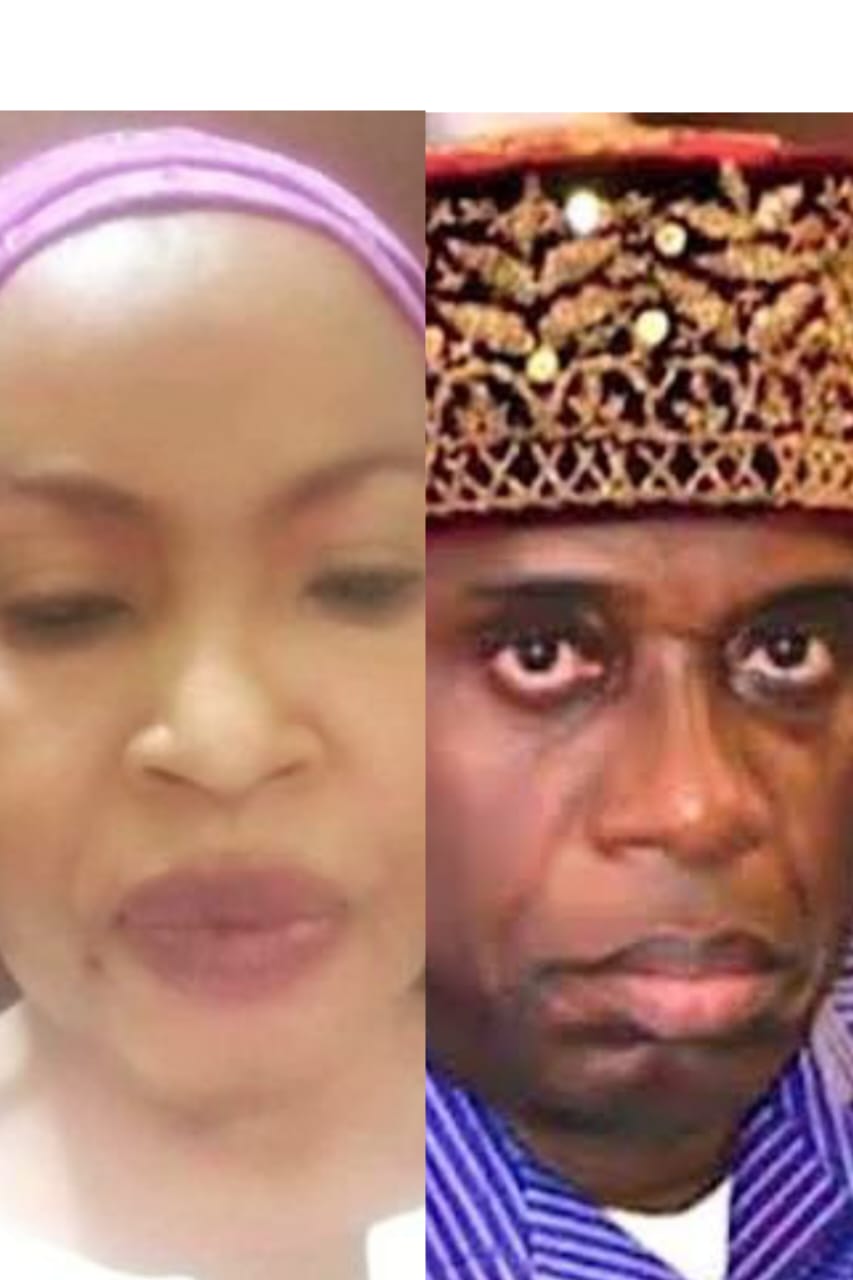Invictus Africa, a civil society organization, highlights the concerning lack of female representation in Nigeria’s State Houses of Assembly. With only 57 women elected out of 993 seats, urgent measures are needed to address this issue and promote gender equality in the country’s political landscape.
The Current State of Women’s Representation in Nigeria’s State Houses of Assembly
The Alarming Statistics Revealed by Invictus Africa
States with Zero Women in Their Houses of Assembly
Historical Lack of Female Members in State Houses of Assembly
Inadequate Women’s Representation in the Senate and the House of Reps
The Current State Of Women’s Representation In Nigeria’s State Houses Of Assembly
The underrepresentation of women in Nigeria’s State Houses of Assembly is a significant concern for Invictus Africa, a civil society organization dedicated to promoting good governance. According to Ms Bukky Shonibare, the Executive Director of Invictus Africa, a mere 57 women have been elected as members out of the total 993 seats in the state houses of Assembly. This alarming statistic raises questions about the inclusivity and gender equality within Nigeria’s political system.
The Alarming Statistics Revealed By Invictus Africa
Ms Bukky Shonibare further elaborated on the disheartening statistics uncovered by Invictus Africa. Out of the 1,049 female candidates who vied for membership in Nigeria’s State Houses of Assembly during the 2023 Elections, only 57 were successful. This means that the upcoming State Houses of Assembly will have a meager 5.7 percent representation of women. Such low representation undermines the importance of diverse perspectives and deprives women of a meaningful role in shaping legislative decisions.
States With Zero Women In Their Houses Of Assembly
Invictus Africa’s findings shed light on the disheartening reality that 13 states in Nigeria currently lack any women representation in their houses of assembly. These states include Abia, Bauchi, Borno, Gombe, Imo, Jigawa, Katsina, Kano, Kebbi, Osun, Sokoto, Yobe, and Zamfara. The absence of women in these legislative bodies further exacerbates the gender imbalance and calls for immediate attention to ensure equal participation of women in the democratic process.
Historical Lack Of Female Members In State Houses Of Assembly
Ms Bukky Shonibare emphasized that the current situation is not an isolated incident but rather part of a longstanding pattern. She revealed that since 1999, five states in Nigeria have never had a female member in their houses of assembly. This remarkable fact dates back 24 years, making it evident that the issue of gender disparity in political representation requires urgent action. The states with a historical lack of female members are Bauchi, Katsina, Kebbi, Sokoto, and Zamfara.
Inadequate Women’s Representation In The Senate And The House Of Reps
The lack of female representation extends beyond the State Houses of Assembly and permeates the higher echelons of Nigerian politics. Ms Bukky Shonibare pointed out that out of the 109 seats in the Senate, only three women were elected. Similarly, in the 360-member House of Representatives, a mere 17 women managed to secure seats. This signifies that women hold a meagre 2.8 percent representation in the 10th Assembly, highlighting the urgent need for measures that empower women in political leadership roles.
The current underrepresentation of women in Nigeria’s State Houses of Assembly, as revealed by Invictus Africa, paints a concerning picture of gender inequality within the country’s political landscape.
With only 57 women elected out of 993 seats, urgent measures are needed to address this issue and promote equal representation for women in decision-making processes.
To tackle this issue effectively, it is crucial to raise awareness about the importance of women’s participation in politics and advocate for policies that encourage their involvement. Political parties should actively promote and support female candidates, providing them with equal opportunities to compete in elections. Additionally, efforts should be made to address the social and cultural barriers that hinder women’s entry into politics, such as gender stereotypes and discrimination.
Some believed that implementation of quotas or affirmative action policies could help increase women’s representation in Nigeria’s State Houses of Assembly.
It was gathered that some countries around the world have implemented such measures with positive results, demonstrating that they can effectively enhance gender balance in legislative bodies. By adopting similar strategies, it is believed that Nigeria can take significant strides towards achieving gender equality in its political system.
“Civil society organizations, like Invictus Africa, play a vital role in advocating for women’s rights and promoting inclusive governance. Their efforts should be supported and amplified through collaborations with governmental institutions, international organizations, and other stakeholders. Together, they can create a supportive environment that empowers women to participate in politics and ensures their voices are heard.
“Moreover, investing in education and training programs that equip women with the necessary skills and knowledge for political leadership is essential. By providing resources and mentorship opportunities, aspiring female politicians can overcome barriers and build confidence in their ability to contribute effectively to the legislative process,” a political analyst, Alheri Daniel said.
Some are saying that It is also crucial to emphasize the positive impact of women’s representation in political decision-making. Research has consistently shown that diverse perspectives lead to better policy outcomes and more inclusive governance.
Pundits say by having more women in Nigeria’s State Houses of Assembly, the interests and concerns of women will be better represented, leading to more equitable laws and policies that address gender-specific challenges.
The underrepresentation of women in Nigeria’s State Houses of Assembly is a pressing issue that demands immediate attention. By increasing women’s political participation, Nigeria can harness the full potential of its population and promote a more inclusive and democratic society.
Through concerted efforts, collaboration between various stakeholders, and the implementation of supportive policies, Nigeria can pave the way for a future where women’s voices are heard and their contributions are valued in the realm of politics. It is time to dismantle barriers, challenge traditional norms, and build a society that embraces gender equality in all its dimensions.











